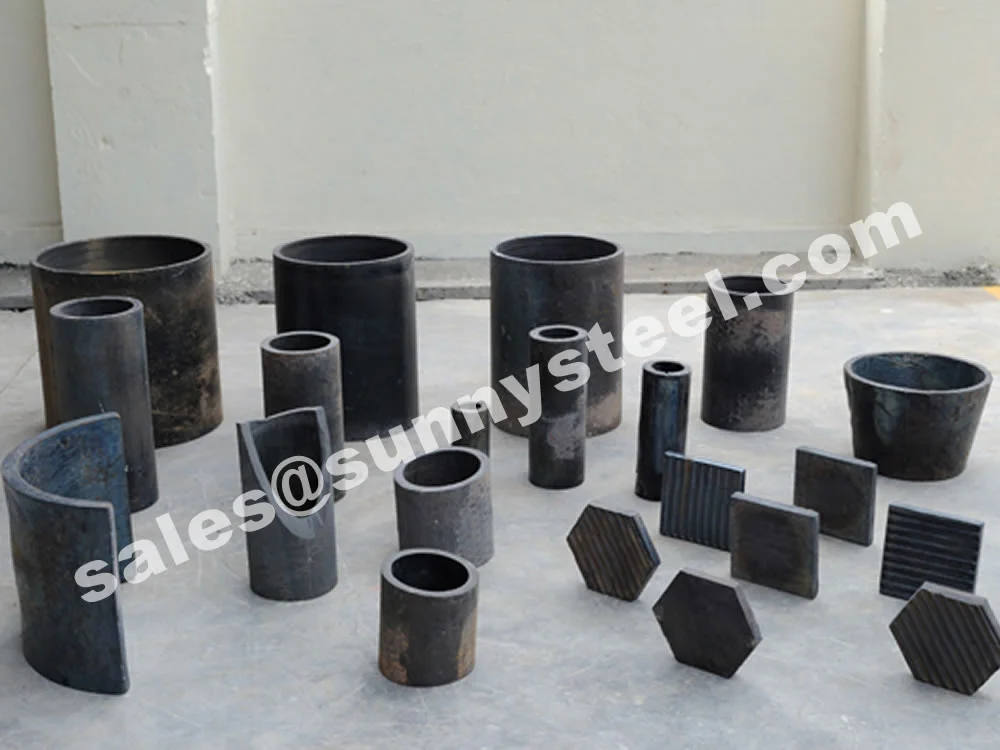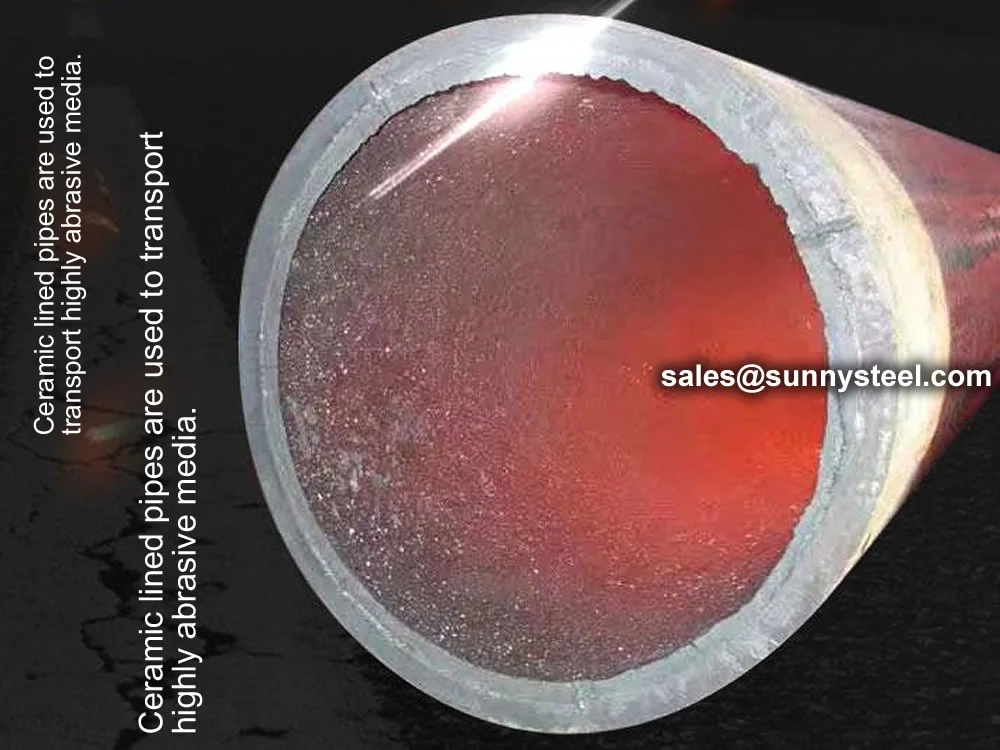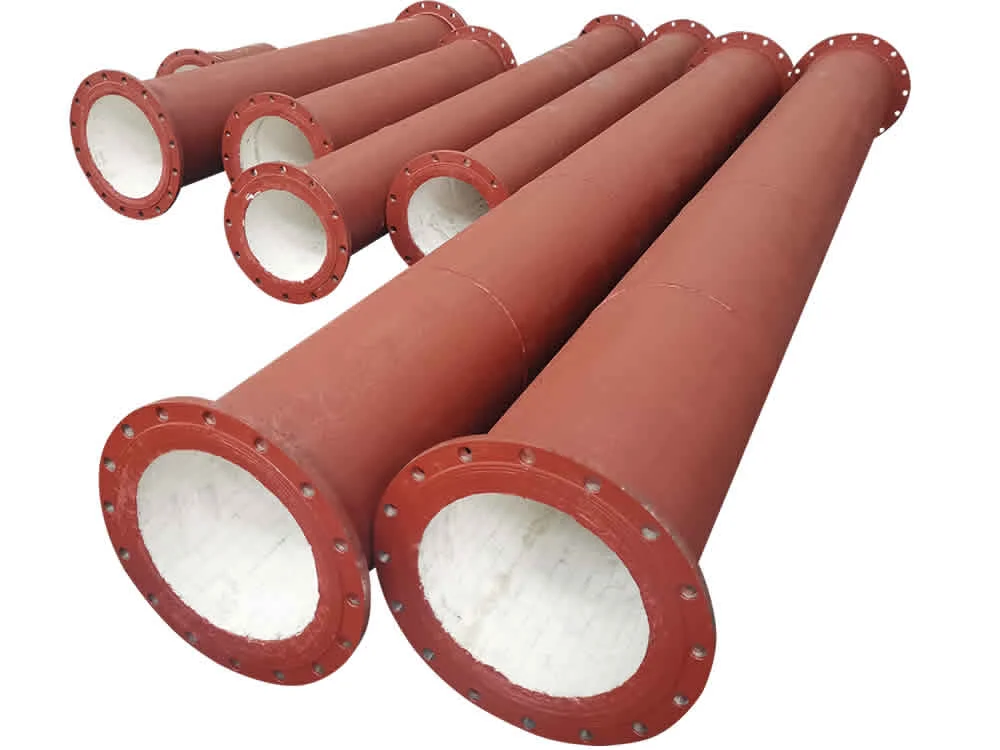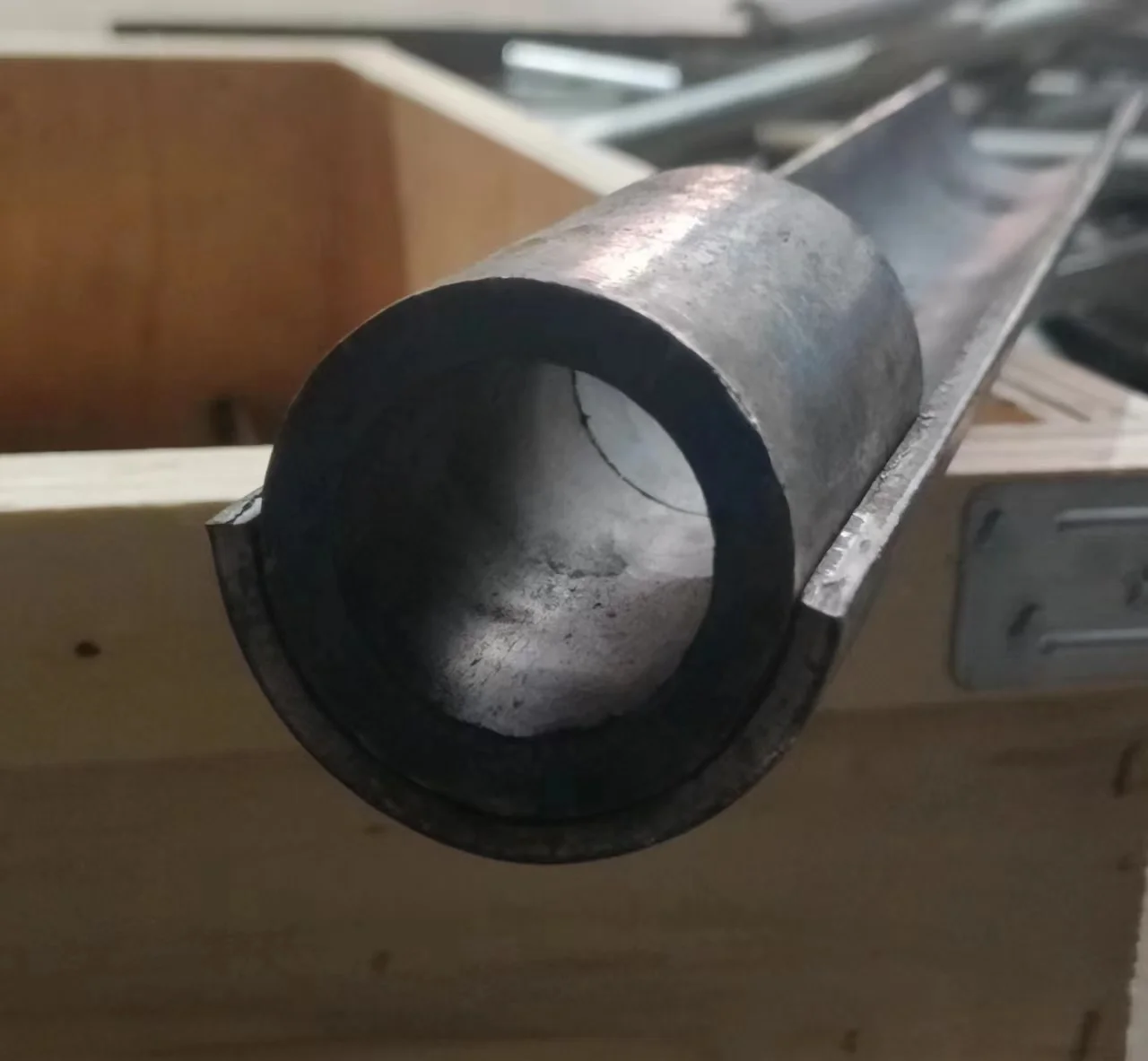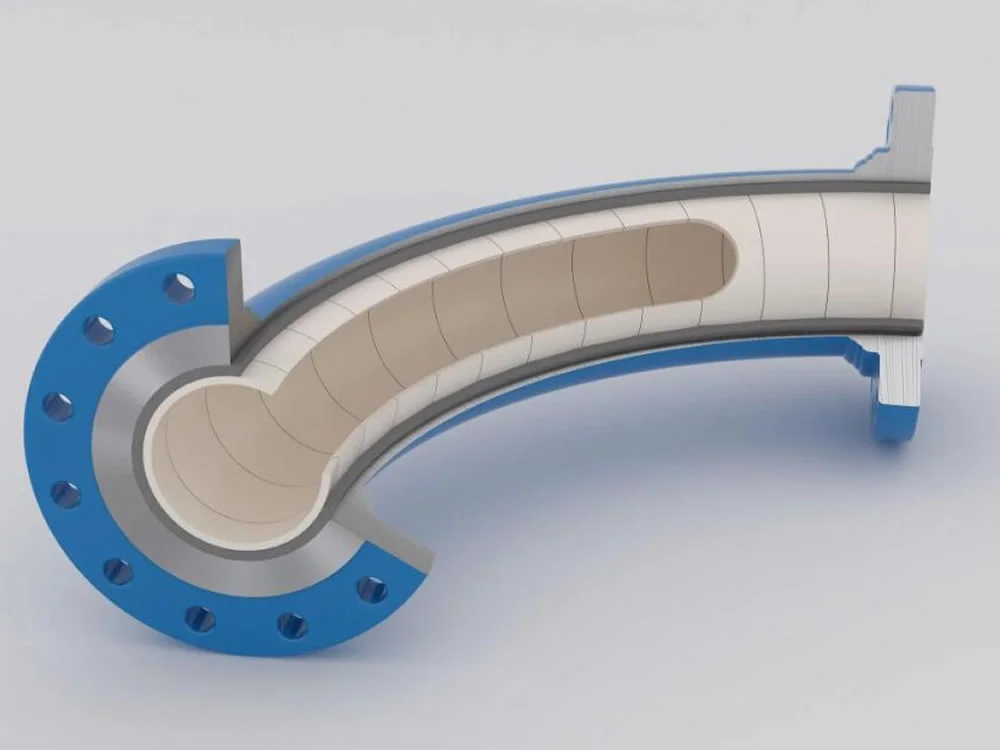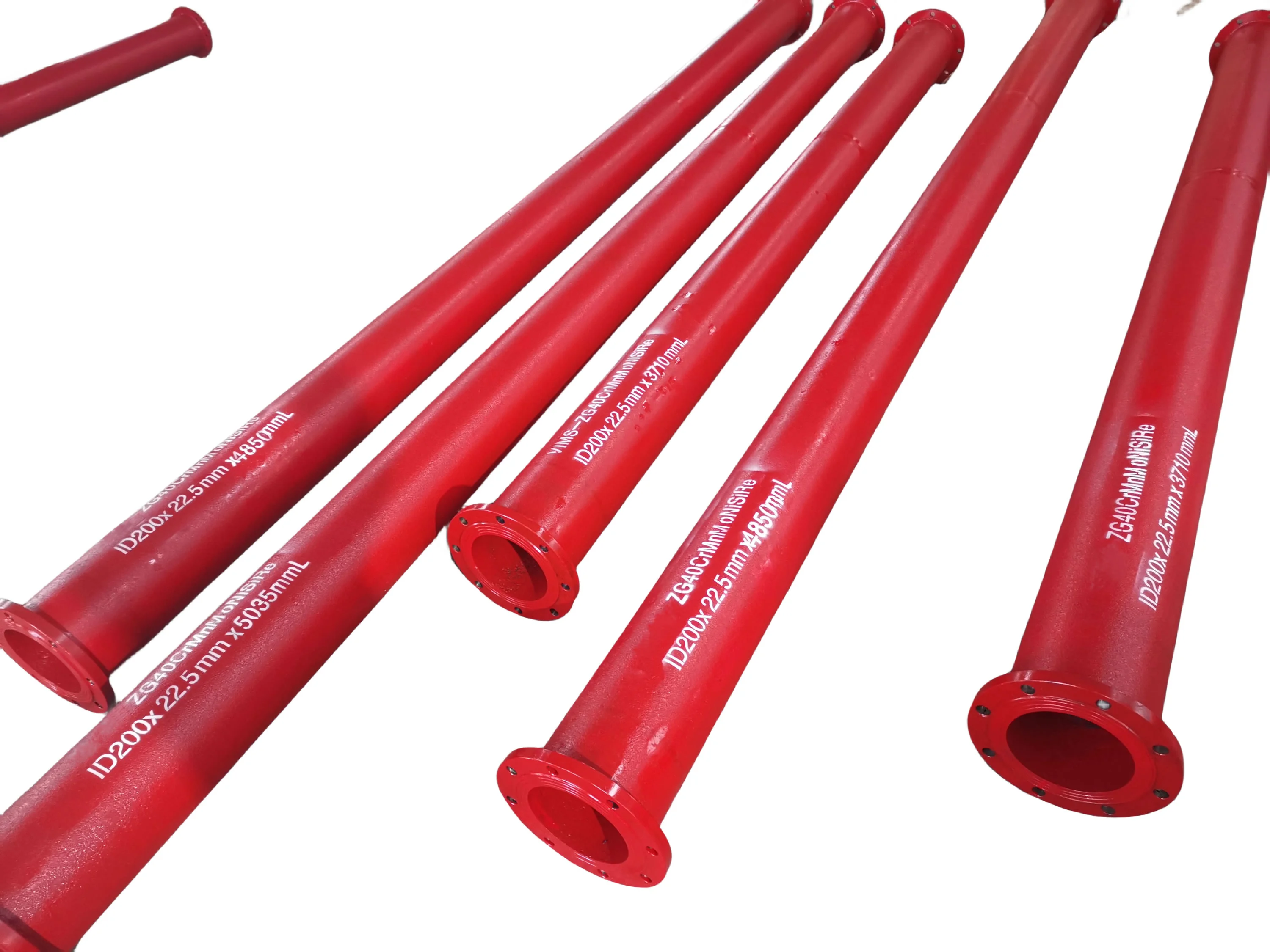Basalt casting was used as a replacement for iron and steel, which were in short supply after
WWII. The crushed natural basalt is heated back to molten lava and then poured into molds to make components such as
pipes and floor tiles, which are incredibly hard-wearing and abrasion-resistant.
Cast basalt can be formed into a diverse range of shapes and surface patterns, including
bespoke designs (min 325m²). During the cooling process, the surface of the material achieves a glass-like patina,
with an iridescence and texture that is unique to each piece.
Key Advantages
- Exceptionally high
wear resistance
- Unlimited
resistance to humidity
- High compressive
strength and resistance to nearly all acids and alkalis
- Full corrosion
resistance
- Maintains a smooth
and even surface (favorable coefficient of friction for bulk solids)
- Excellent
price/performance ratio (preventive and economical)
Cast basalt is produced by melting selected natural basalt – broken into sizes of 20–50
mm – in shaft furnaces at temperatures around 1,300°C, followed by casting into the desired molds. Of fundamental
importance is the subsequent tempering process, in which the molten basalt forms uniform, spherulitic crystals
that contribute to its physical properties such as extreme hardness and abrasion resistance.
Areas of Application
Cast basalt is the most frequently used wear protection material. The main areas of
application are the wear-resistant linings for:
- Piping
- Mechanical conveyor systems such as
chutes, trenches, and chain conveyors
- Bunker systems, silos, tanks, and unloading
ramps
- Cyclones, separators, classifiers, and reducers
Bunkers, Silos & Tanks
The walls and outlets of bunkers, silos, and other tanks used for the storage of bulk
materials are subject to strong abrasive wear. Strong friction wear occurs when emptying is compounded by impact
wear during the filling process.
A wear-resistant lining with hexagonal or rectangular cast basalt tiles has proven to be
a successful and economical solution. Special form pieces are manufactured for the flutes and the bunker saddles.
Circular bunkers and silos are lined with radial, rectangular, or hexagonal form pieces that precisely match the
required circumference.
To improve adhesion, corrugated wire mesh is spot-welded to the vertical steel walls.
Cyclones, Separators & Classifiers
- Screening,
separating, grading, classifying – increased abrasive wear is frequently encountered during these processes.
Cast basalt linings are often a standard component.
- Expertly
manufactured form piece linings that are precisely adapted to the steel casing of the plant component
(frequently in the form of radial hexagonal linings)
- Cyclones and
separators: Manufactured according to customer drawings, complete with steel and built-in wear protection lining
- Larger separators
and cyclones: Lining installed according to the steel construction drawings of the manufacturer
Cast Basalt Lined Piping
The transport of abrasive media, in fact of virtually all granular materials, in enclosed
pipelines has the advantage that it is non-polluting, generates neither dust nor smell, and even saves valuable
space. Completely lined pipes can be manufactured with the following maximum lengths:
- Straight pipes: up to 6000 mm
- Pipe bends: up to approx. 2000 mm
Cast basalt lined piping is extremely wear-resistant and is used wherever highly abrasive
materials are conveyed pneumatically or hydraulically, for example:
- Fine ores
- Fly ash
- Furnace dust
- Lime
- Coal and pulverised fuel
- Coke
- Sand
- Slag
- Backfill
- Cement
